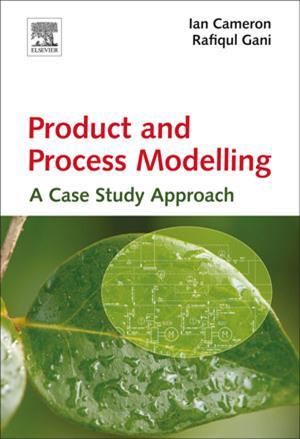Ian Cameron and Rafiqul Gani
Elsevier
2011 | 548pp | £72.99 (HB)
ISBN 9780444531612
Reviewed by Zoltan Nagy

This book takes the reader on an exciting journey of practical case studies. It provides an exemplary illustration of the crucial role of systematic approaches for the goal-oriented development of mathematical models of complex process systems. This is a high quality contribution from leaders in the field, a must-have book for any modelling practitioner. It fills an important gap among other well known books in the field that mainly focus on the theory and methodologies required for model development and solution.
Product and process modelling – a case study approach consists of 13 chapters (organised into three parts) and an abundance of appendices with useful computer programs of the models used in the case studies. The authors have taken a strongly practical approach in writing the book.
The first part, consisting of three chapters, provides a concise and well focused overview of generic modelling practices and tools.
The main section of the book (chapters 4–12) provides an impressive number of detailed case studies, which are organised into themes. These include constitutive modelling and parameter estimation, process simulation and optimisation (both in steady state and dynamic), modelling of distributed parameter systems, batch process operation as well as challenges in plant-wide industrial process modelling.
These themes are exemplified using a large variety of practically relevant processes, from several more classical systems such as polymerisation and fluidised bed reactors, to very timely complex processes such as fuel cells, batch crystallisation, fermentation bioreactor, tablet pressing and drug release systems. This is an impressively broad spectrum of different types of models and processes, synthesising several decades of the authors’ abundant experience. The models and relevant parameters for all systems are presented in great detail.
The book serves as a highly valuable resource of complex models, for graduate students, academics and industrialists.
Purchase this book from Amazon.co.uk.












No comments yet